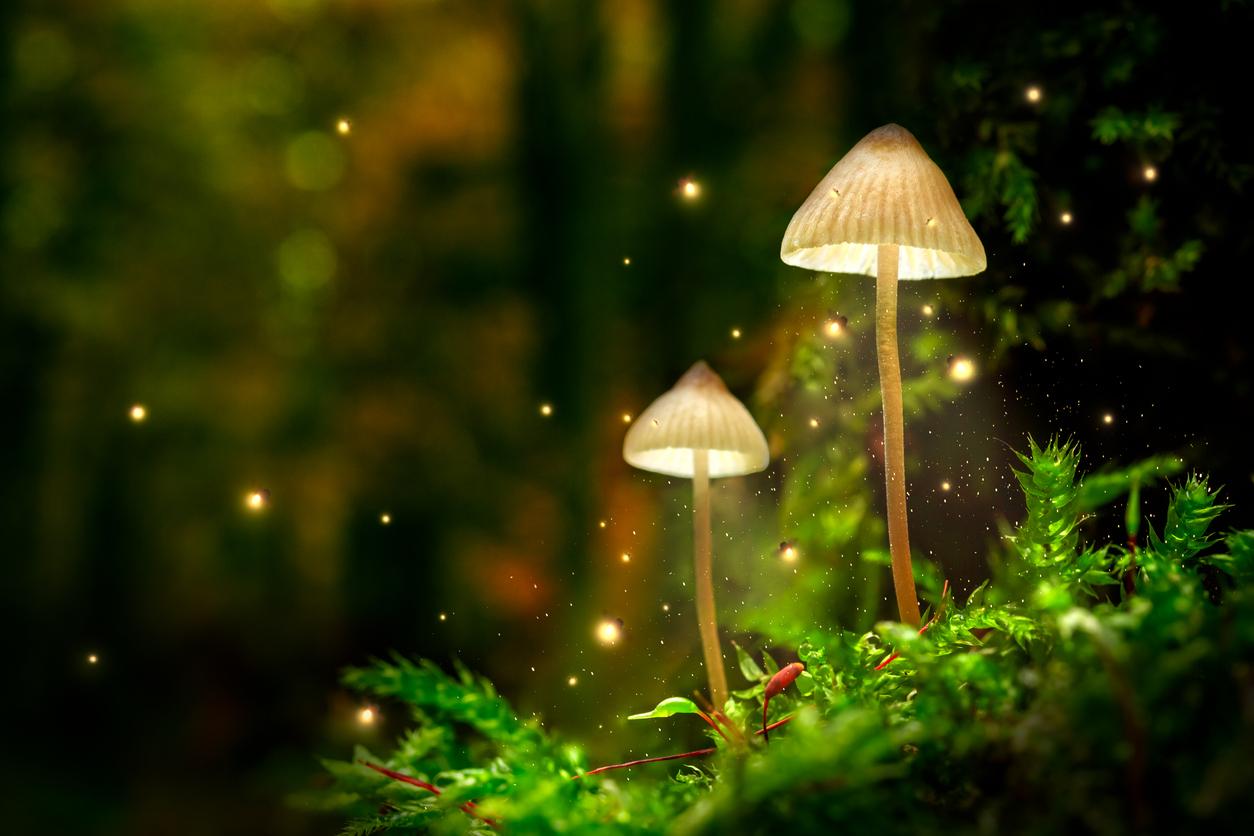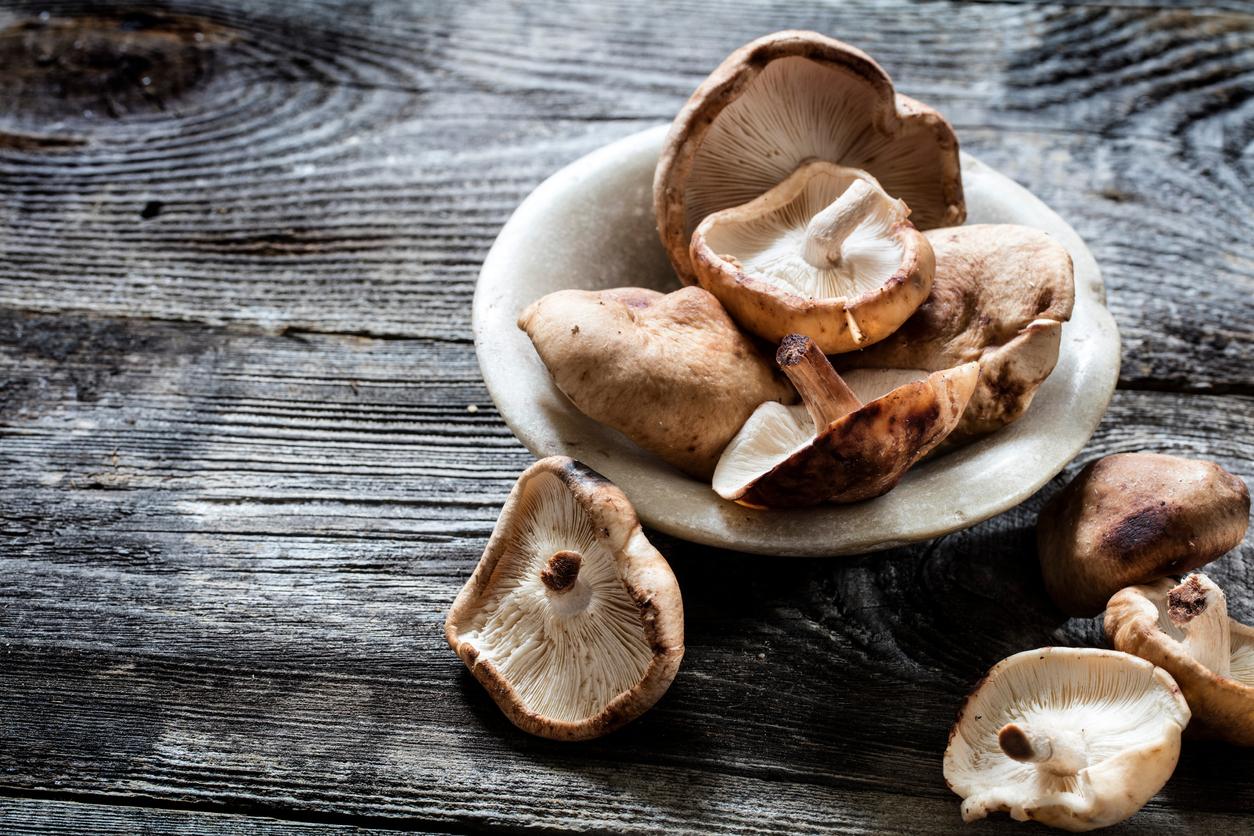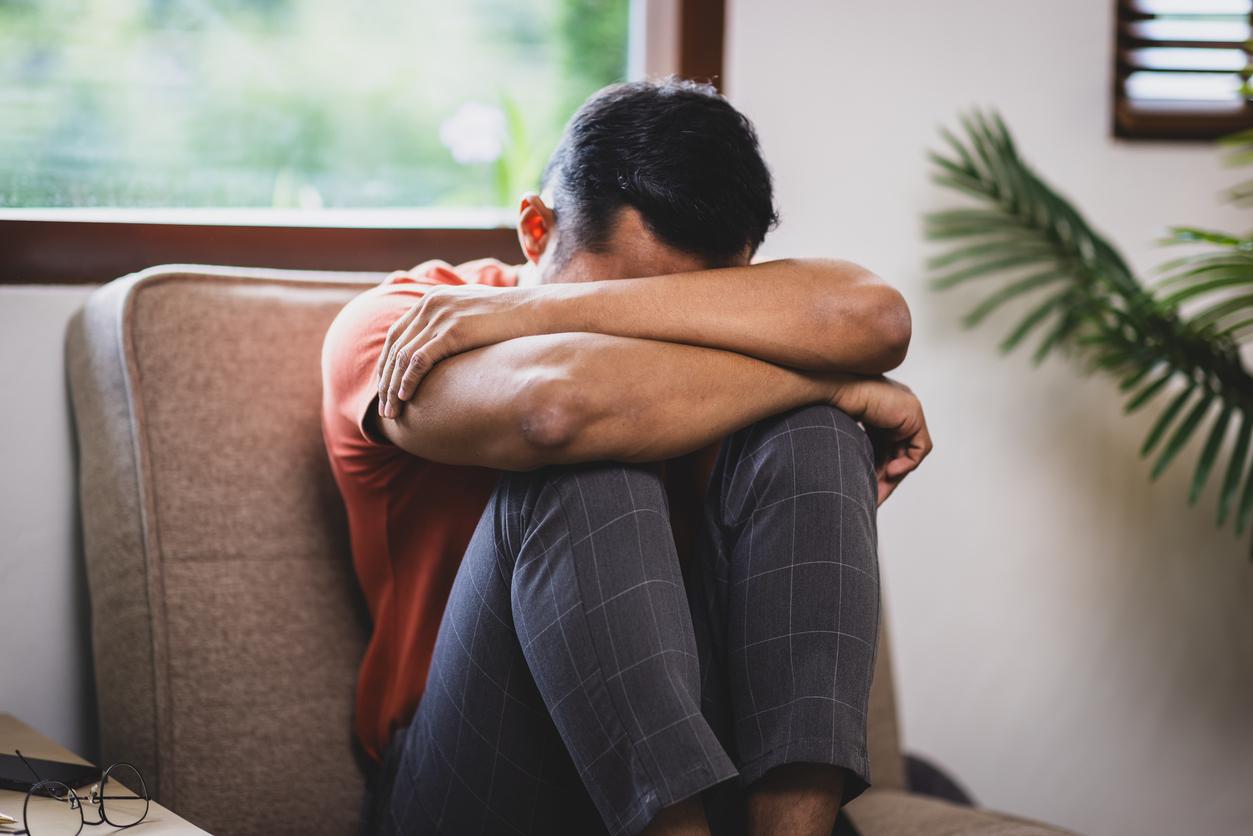Psilocybin could help people going through a depressive episode to come out of it.

- Depression affects approximately 300 million people worldwide and is a major public health problem.
- Psilocybin, from hallucinogenic mushrooms of the Psilocybe genus, acts on serotonin receptors. As a result, it induces a profound alteration of perceptions and consciousness.
- A new study indicates that psilocybin may be effective in combating depression.
Psilocybin has real potential to treat depressive symptoms, according to a new study published by The BMJ.
Depression and psilocybin: 436 people included in the analysis
To reach this conclusion, the researchers synthesized the results of seven trials involving 436 participants suffering from depression (52% women). Changes in depressive symptoms were measured using a statistical method called “Hedges g”. A “hedges g” of 0.2 indicates a small effect, 0.5 a moderate effect, and 0.8 or more a large effect.
They included studies where psychotherapy was present in both the experimental and control conditions, so that the effects of psilocybin could be distinguished from those of psychotherapy.
Results: strong of a “hedge’s g” of 1.64, the improvement in depressive symptoms was significantly greater after treatment with psilocybin than with other types of substances (placebo and vitamin B).
Psilocybin has been shown to reduce symptoms of depression after one or two doses, with few side effects and without the onset of addiction.
The researchers believe that their results are encouraging, but that “Additional analyzes are needed to clarify the factors that maximize the potential of psilocybin.”
Indeed, studies published to date have not examined factors likely to moderate the effects of psilocybin, including the type of depression, previous use of psychedelics or their dosage.

Depression and psilocybin: where is the research?
Depression affects approximately 300 million people worldwide and is a major public health problem.
Psilocybin, from hallucinogenic mushrooms of the genus Psilocybe, acts on the receptors of serotonin. Therefore, she induces a profound alteration of perceptions and consciousness. “The resulting psychedelic experience is known to dispel depression, stress or addiction,” indicates Inserm.
“In fact, research on psychedelics in the field of psychiatry began in the United States in the late 1940s, and was very prolific until the mid-1960s. But after the ban in 1970, recreational drugs across the Atlantic, it has seriously marked time Over the past twenty years, it has nevertheless experienced a renaissance. traces the research center.














